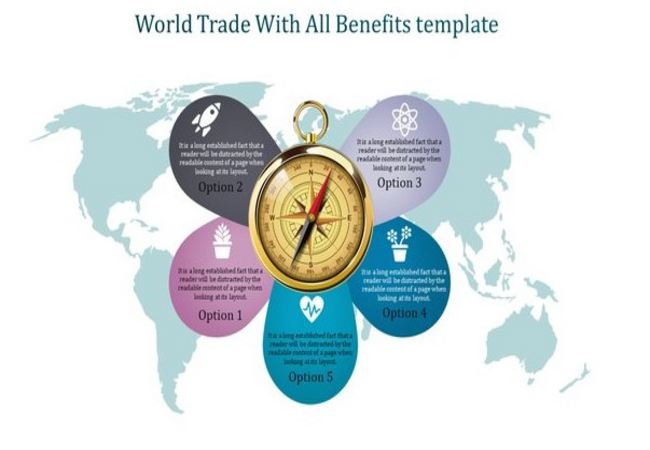4 Tactics to Prevent Data Leaks

Name something a business doesn’t want to experience, and a data leak would be close to the top of the list. If an unauthorized third-party gains access to any sensitive, valuable business data, it could cause untold damage.
A data leak can take various forms. It could revolve around trade secrets found stored in a computer file. It might be details about agreements with vendors and their pricing. Also, It may be leaked customer data. Data comes in different shapes and sizes, with some more sensitive than others, but a leak can result in significant issues for your business.
To prevent your company from being another name that succumbs to a data leak, here are four tactics to keep in mind.
1. Keep track of your data
In their guide on data leaks, Proofpoint highlights the importance of auditing and classifying your data. When you pay close attention to your data and where it is located, there is less chance of it being the victim of a leak.
Think about it. With the way the modern business world evolves, it is all too easy for an organization to lose track of its data. They forget what devices are used to store it, and this device can then end up in the wrong hands.
By classifying data, you can also spot unnecessary access leading to leaks and employee permission misuse.
2. Provide cybersecurity training
Employees are often the gateway for data to be leaked. With cyberthreats like social engineering and phishing, it’s human error that gives criminals the foot in the door they require.
With this in mind, it’s important your employees are fully aware of cyberthreats – and how to prevent them. Regular training not only gives them the knowledge they require, but also serves as a refresher so they remain alert to threats.
3. Continually monitor the situation
Your business doesn’t stop moving. The same can be said for threats to your precious data. Due to this, data leak prevention isn’t simply done every now and then. It must performed on a continual basis.
Of course, trying to do this manually is a virtually impossible task – even if you have a team of employees as part of your security efforts. Fortunately, there are plenty of monitoring tools available to keep track of your data automatically.
With this monitoring in place, you can be much more proactive in identifying and dealing with anomalies.
4. Focus on your most valuable data
The average business deals with a lot of data – and that’s an understatement. With so much to consider, you can overwhelmed when trying to protect it all. This is why protecting data based on its value is recommended.
Yes, you want to avoid any type of data leak. Yet you’d rather it was unimportant data that was leaked rather than sensitive, valuable data. After you have performed the aforementioned audit, you should take the necessary steps to focus on first protecting your most valuable data.

